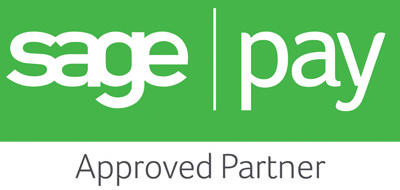A Little Knowledge is a Dangerous Thing
...but a lot of knowledge can be just as hazardous.
Being an expert in your industry is vital if you're to get ahead in business, but with that encyclopaedic know-how there comes a downside – the Curse of Knowledge.
This curse can strike in all areas of a business, but it's most damaging when it occurs in customer interactions. Anyone dealing with the public or even corporate clients on the front line needs to understand that the person they're dealing with doesn't have the same information as they do (it's why they've come to you for the product or service they need).Generally, the customer won't know the ins and outs of your industry of products like you and your staff do, so a little explaining, and perhaps a little hand-holding, might be in order.
The reverse is true when dealing with peers as clients – technicians don't need the same introductory pitch you'd use with a non-technical person to explain your product or service, but in both cases the Curse of Knowledge is lifted by understanding the level of knowledge held by the person you're interacting with. Too much jargon will turn off non-technical people, while surface level explanations of technical concepts (that might be ideal for the lay person) will irritate those who are already in the know.
This extends to your marketing communications and your website and can be a difficult balancing act when you have customers at varying points on the knowledge scale. Content that explains jargon terms can help the uninitiated navigate the information on your site without interfering in the customer journey of those who are already knowledgeable.
Segmenting your marketing database by knowledge levels or categories can help inform the tone and content of your marketing activities, whether that's email campaigns or paid adverts on Google or affiliate websites. This activity might also reveal where there's the opportunity to create some engaging, valuable content to educate those segments of your database who are still on their learning journey. This sort of authoritative content is what Google loves, and your potential customers will love it too (and by extension, your company).
The Curse of Knowledge is a common affliction of how-to guides. By their very nature, a how-to guide needs to be written by someone who can-do, but this is the weak spot where the Curse gets in the way. This is a scenario in which you leverage the Curse of Knowledge against itself and set up a collaboration with the technical writer and the end user (who has little to no understanding of how to use the product).
The result is a how-to guide that doesn't raise further questions, because they have all been posed and answered in the creation process. The guide will be informative and useful, and can serve as an example of a clear communication style for the future.
You'll notice in our blogs that we don't use acronyms without explanation, so we'll always write the whole phrase first before putting the code in brackets. We know what a SERP is, but we know that our customers may not. Once we are sure we all know what a Search Engine Results Page is, and why it's important, we can move forward from the same page (pun intended!).
If you're looking for marketing experts who don't dazzle and confuse with complicated terms, who understand that you're the expert in your field, you've found it in Parua.
